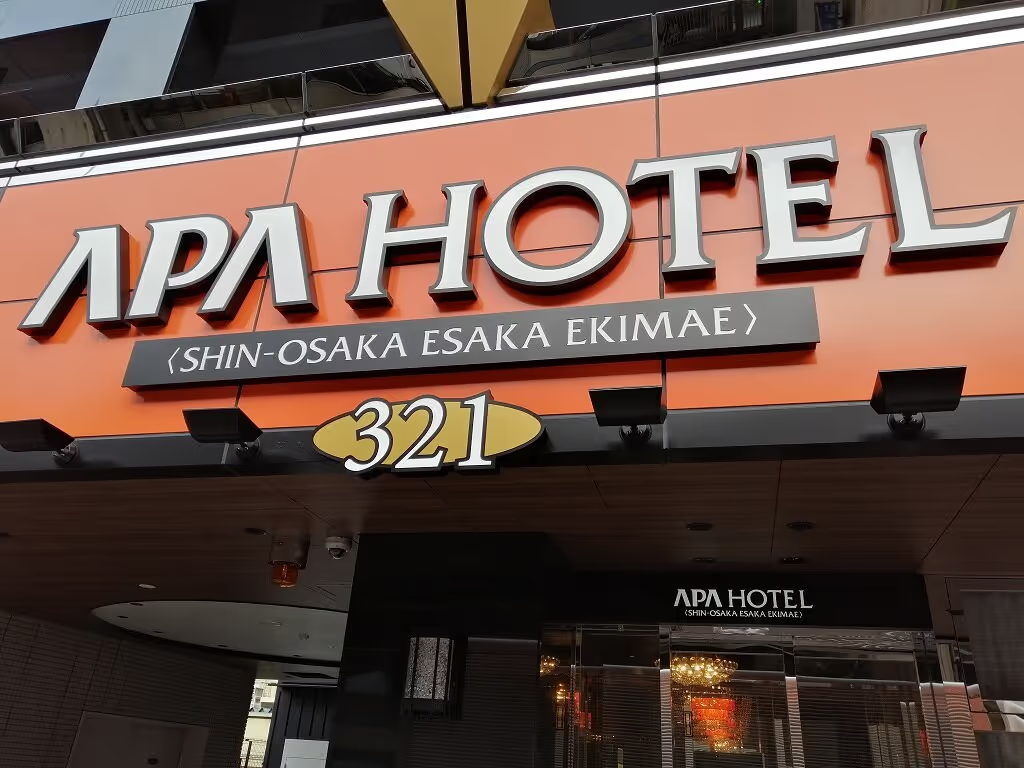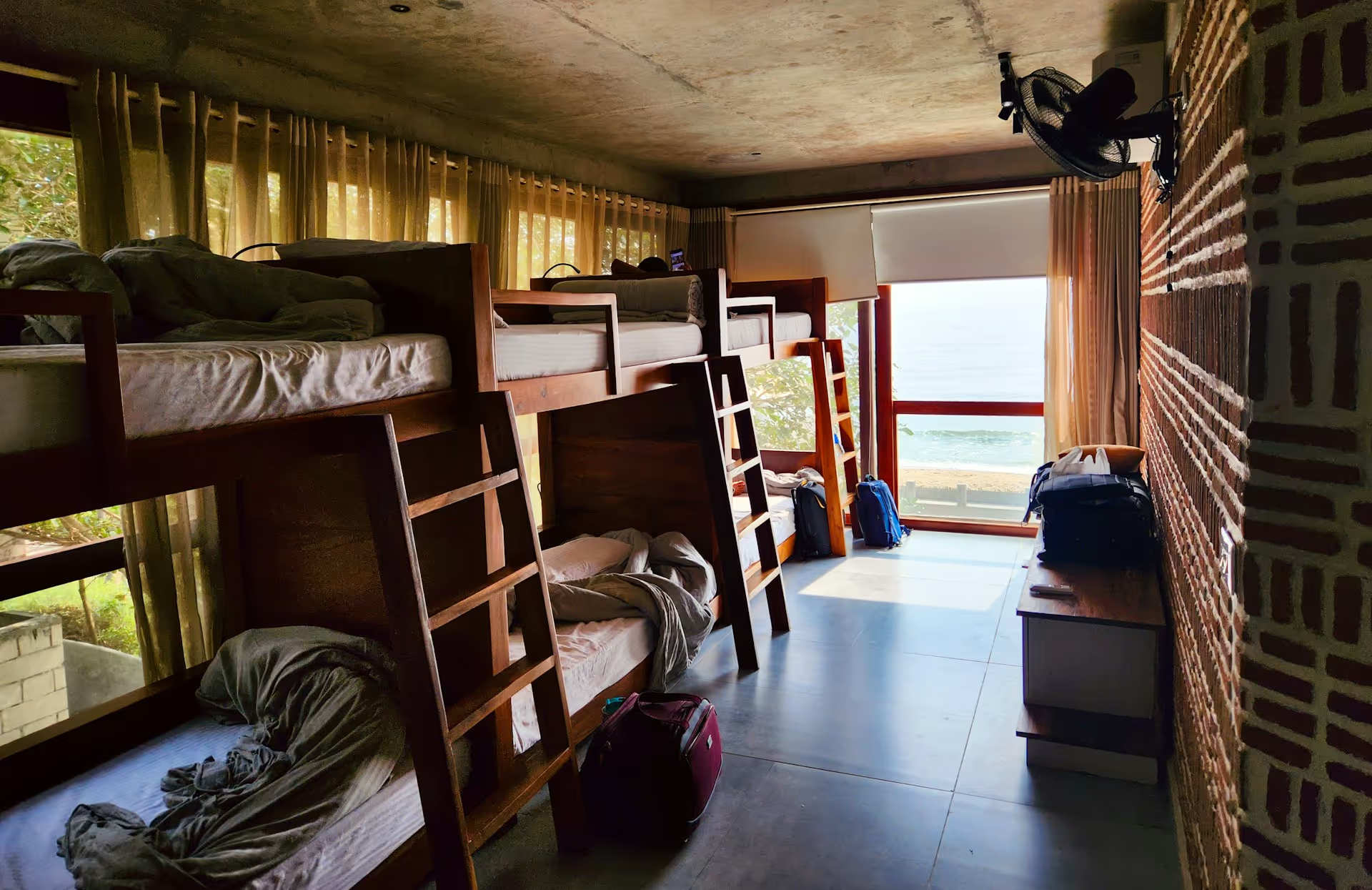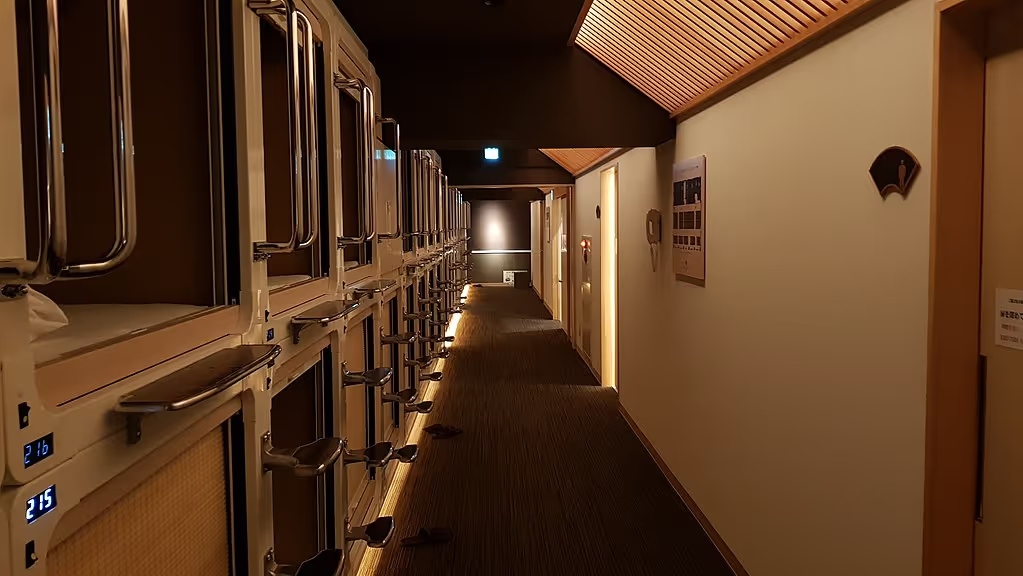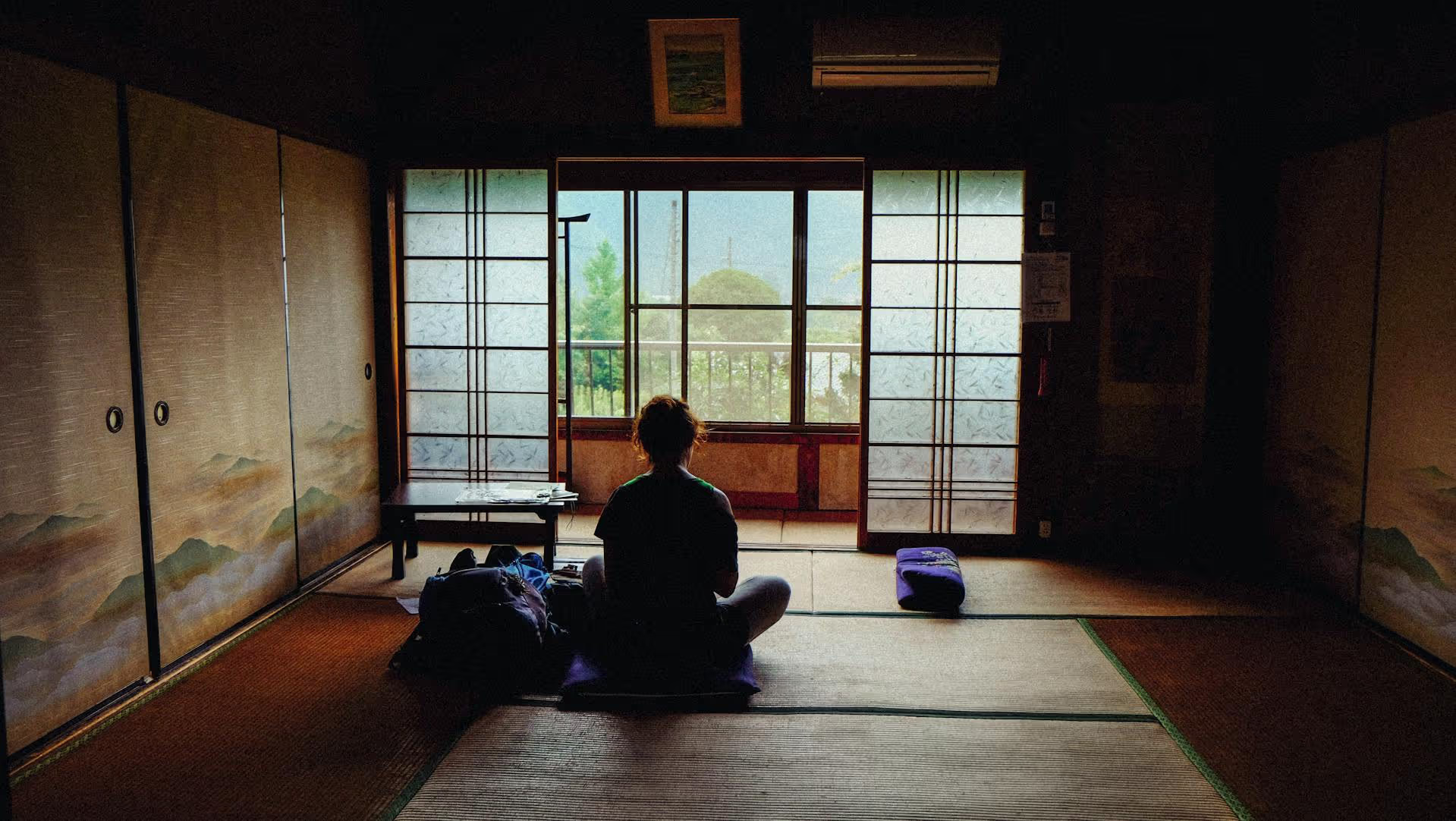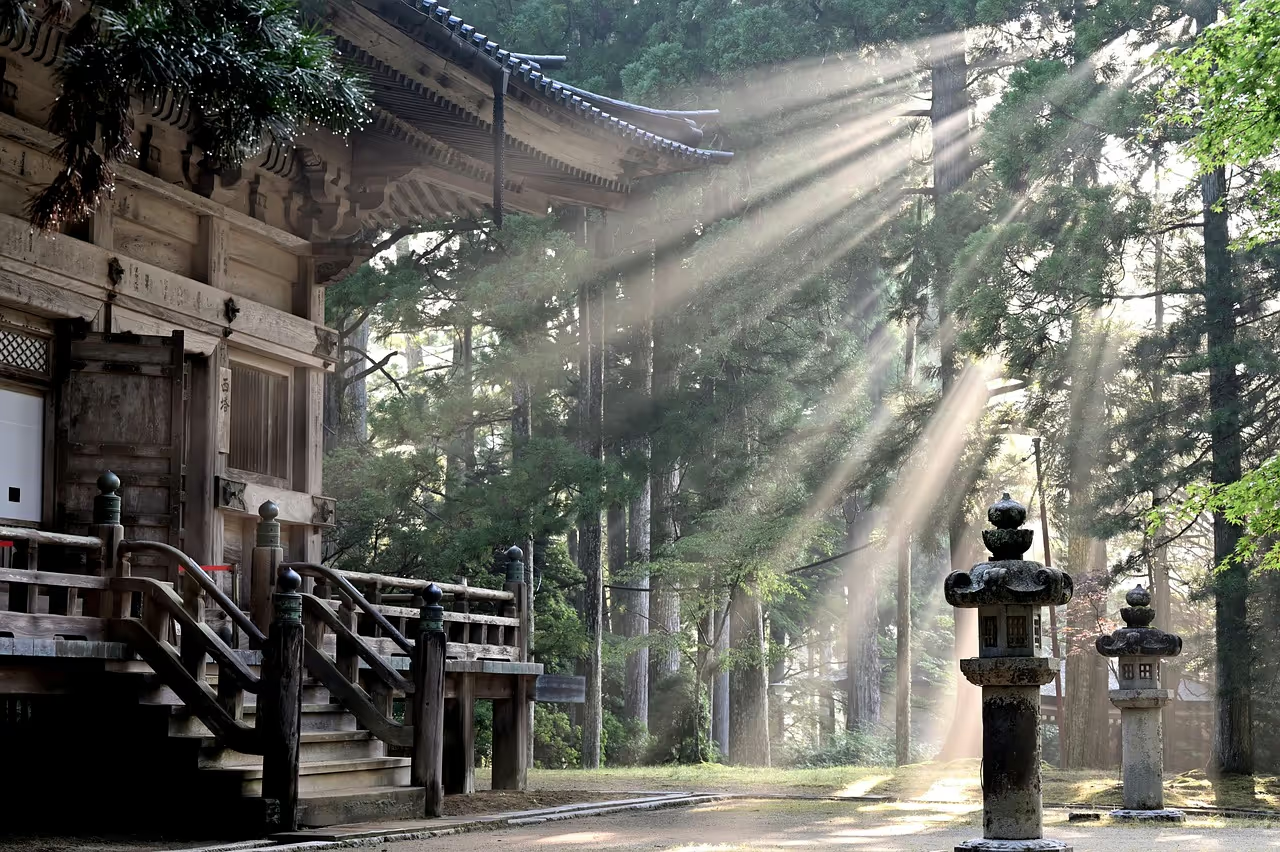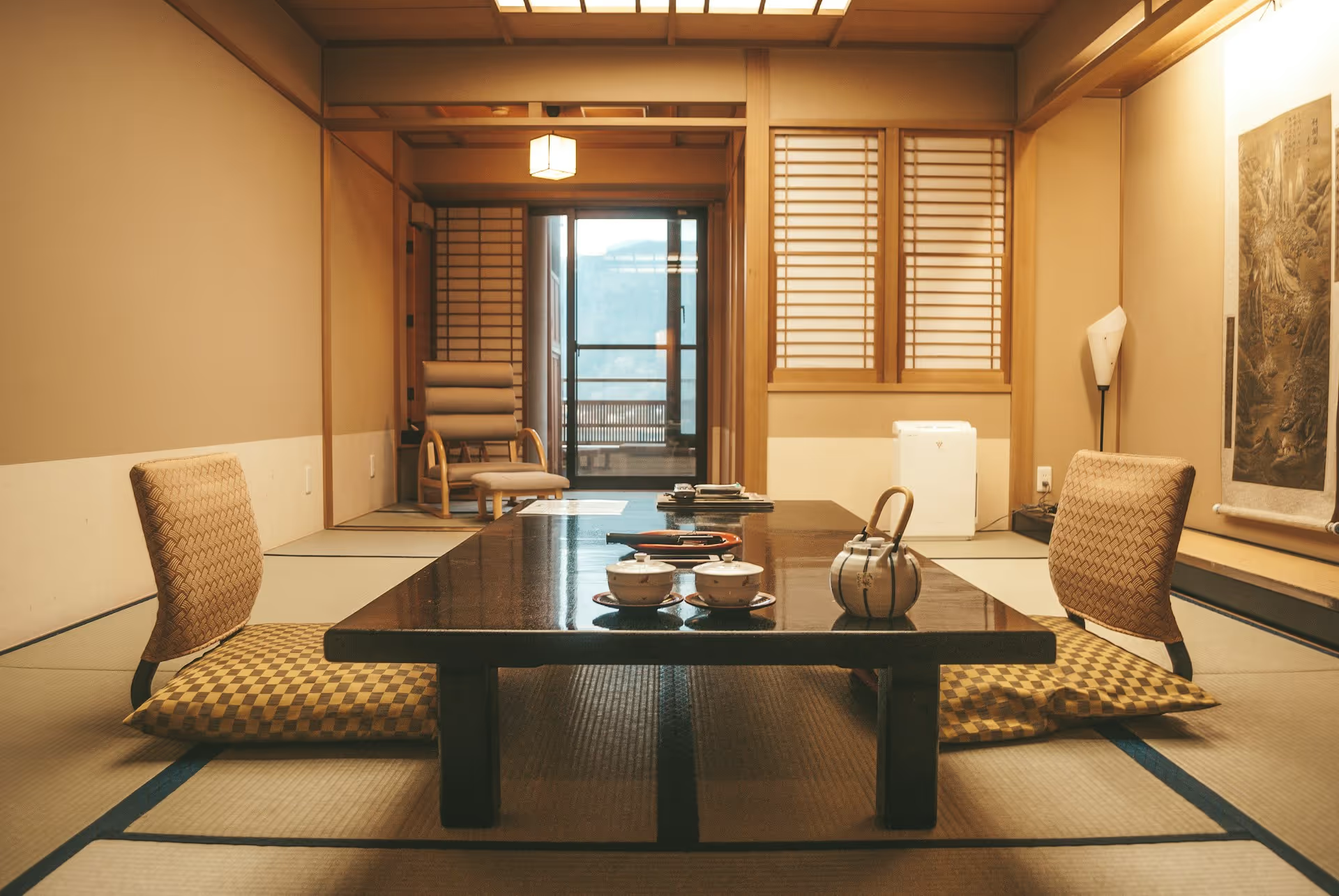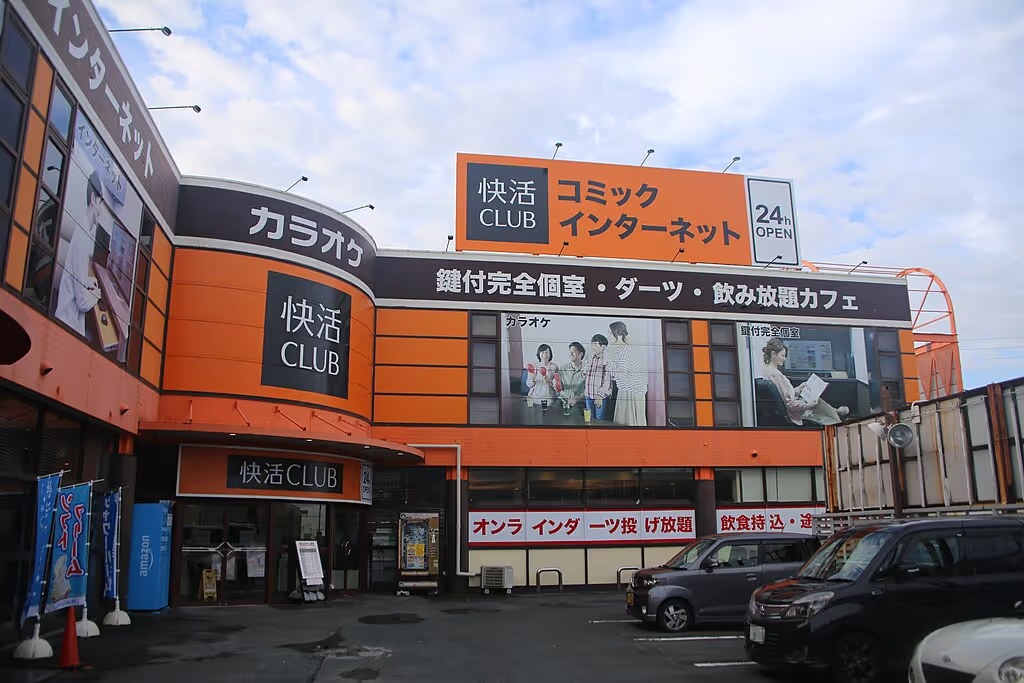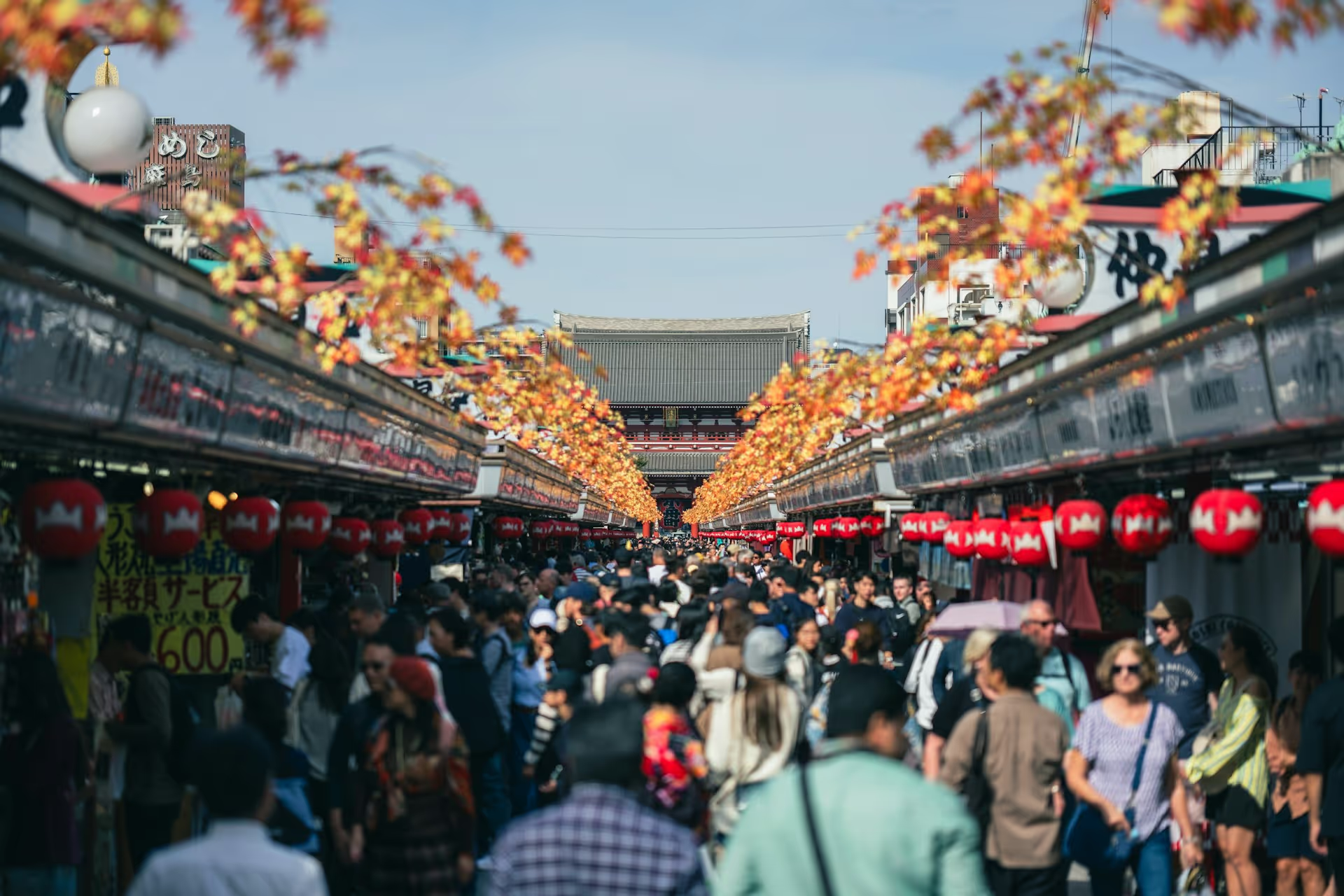Japan has a reputation for being expensive, but accommodation costs are more manageable than many travelers expect. With the right approach, you can find clean, reliable places to stay for far less than luxury hotels charge. This guide explains the main types of budget accommodation in Japan, how to book them, and practical strategies to keep costs low without sacrificing comfort or safety.
Disclosure: This page may contain affiliate links. If you book through them, we may earn a commission at no extra cost to you.
Cost Expectations
Here is what budget travelers can realistically expect to pay in Japan:
Business Hotels
¥6,000–¥10,000 — Private — near stations
Hostel Dorm
¥2,500–¥4,500 — Shared — social
Capsule Hotel
¥3,000–¥5,000 — Solo only
Minshuku
¥6,000–¥9,000 — Meals included
Shukubo
¥8,000–¥12,000 — Cultural experience
Budget Ryokan
¥8,000–¥15,000 — Includes meals and baths
Internet Café
¥1,500–¥3,000 — Emergency only
Booking Tips
Use loyalty & app discounts
Booking.com’s Genius Level 2 and mobile-only deals can cut costs further
Compare direct vs. OTA pricing
Third-party sites like Agoda, Booking.com, and Expedia often offer better deals—even when hotel direct rates look lower.
Rakuten Travel & Local Sites
Many travelers overlook Rakuten Travel, a popular Japanese booking site that often provides cheaper rates than international platforms. Similarly, Agoda sometimes offers “Secret Deals” on last-minute bookings.
Google Hotels
Google Hotels aggregates accommodation prices across different platforms, including direct hotel websites, allowing for quick comparison.
10 Cheap Hotel Hacks That Will Save You Money
"The Great advantage of a hotel is that it is a refuge from home life" — George Bernard Shaw

